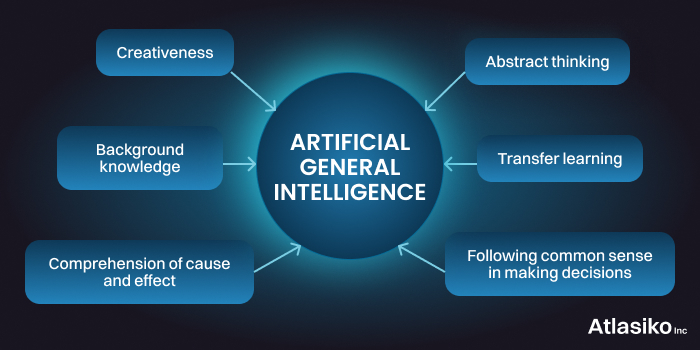OpenAI and Microsoft Define AGI in Financial Terms, Reshaping AI Landscape
OpenAI and Microsoft have recently introduced a groundbreaking definition of Artificial General Intelligence (AGI), setting a new standard in the field of AI. According to a report by TechCrunch, both companies have agreed that AGI should be defined as a system capable of generating $100 billion in profits.

A Unique Perspective on AGI
This new definition marks a significant departure from the traditional understanding of AGI as systems that surpass human intelligence. OpenAI currently defines AGI as "systems that are generally smarter than humans" and as "a highly autonomous system that outperforms humans at most economically valuable work."
While the definition may seem unconventional, it reflects a shift towards commercial indicators of AGI rather than purely technical or philosophical benchmarks. This approach aligns with the profit-driven nature of the tech industry.
Implications for OpenAI and Microsoft
Under this new definition, OpenAI is still several years away from achieving AGI, with expectations of significant losses until 2029. The pact between OpenAI and Microsoft ensures that Microsoft could retain access to OpenAI's models for a decade or more, even after AGI is achieved.

While some have questioned the financial-centric definition of AGI, it brings to light the evolving landscape of AI research and development. The emphasis on profitability underscores the growing intersection of technology and commerce in the AI sector.
Challenges and Opportunities
Debates surrounding recent AI models like o3 further highlight the complexities of achieving AGI. Despite advancements in performance, the high computational costs associated with these models pose challenges for both OpenAI and Microsoft.

Ultimately, the definition of AGI as a profit-generating system reshapes the discourse on AI capabilities and market dynamics. By redefining AGI in financial terms, OpenAI and Microsoft are redefining the future of artificial intelligence.










